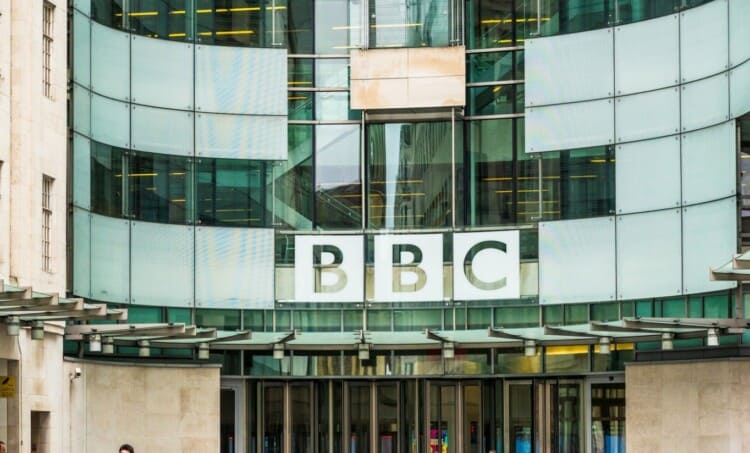More than 100 BBC employees have accused the broadcaster of showing bias towards Israel in its reporting on Gaza. They are calling for the corporation to renew its commitment to fairness, accuracy, and impartiality.
Staff Letter to BBC Leadership
A letter sent to BBC Director-General Tim Davie, and signed by over 230 media professionals, including 101 anonymous BBC staff, criticised the broadcaster. It argued that the BBC has failed to maintain consistent, evidence-based reporting on Gaza. The letter, also backed by Baroness Sayeeda Warsi and actor Juliet Stevenson, urged the BBC to report “without fear or favour” and to uphold its editorial standards of fairness and impartiality.
Calls for Change in Coverage
The letter recommended several changes, including:
- Noting that Israel restricts journalists’ access to Gaza.
- Highlighting when evidence is insufficient to support Israeli claims.
- Ensuring headlines specify when Israel is responsible.
- Providing historical context that predates October 2023.
- Challenging Israeli representatives in all interviews.
The BBC denied the allegations, stating it strives to provide trusted and impartial news. A spokesperson said, “When we make mistakes or change our reporting methods, we are transparent. We also make our audiences aware of the limitations on our reporting, such as restricted access to Gaza and parts of Lebanon.”
Concerns from Current and Former Staff
The letter included testimonies from current BBC employees. One staff member said, “I have never witnessed such low levels of staff confidence. Colleagues have left because they do not trust our reporting on Israel and Palestine.” Another staff member added, “I care deeply about the BBC’s future, but we are losing the trust of audiences who seek more truthful coverage elsewhere.”
The letter cited examples of “misleading” headlines, such as one from January 2024 about a six-year-old girl killed by Israeli forces in Gaza. The headline read, “Hind Rajab, 6, found dead in Gaza days after phone calls for help,” which signatories argued downplayed the fact that she was killed by Israeli military action.
Broader Criticism of Coverage
Staff also raised concerns about the verification process, suggesting that reporting on Gaza faces higher scrutiny than reports from other regions. They pointed out that Israel’s perspective often takes precedence, despite the Israeli Defence Forces’ (IDF) history of providing inaccurate statements. The letter also highlighted the omission of coverage, such as the decision not to broadcast South Africa’s genocide case against Israel live but choosing to air Israel’s defence the following day.
Public Signatories and Wider Media Critique
Of the 237 signatories, 72 signed publicly, including Baroness Warsi, Juliet Stevenson, and academics. The letter also noted shortcomings in other media outlets, such as ITV and Sky.
BBC’s Response
The BBC responded, “This conflict is one of the most polarising stories to report on, and we know people feel strongly about our coverage. We hold ourselves to high standards and aim to provide trusted, impartial news, balancing our words, verifying facts, and ensuring a range of opinions are represented.”
The spokesperson added, “The BBC does not reflect any single worldview and receives complaints of bias towards and against Israel. This does not mean we assume we are perfect. We continue to listen to criticism and work on improvements.”
You may also like: King Charles charges NHS £11m for ambulance space as new files reveal MASSIVE royal earnings from public services







